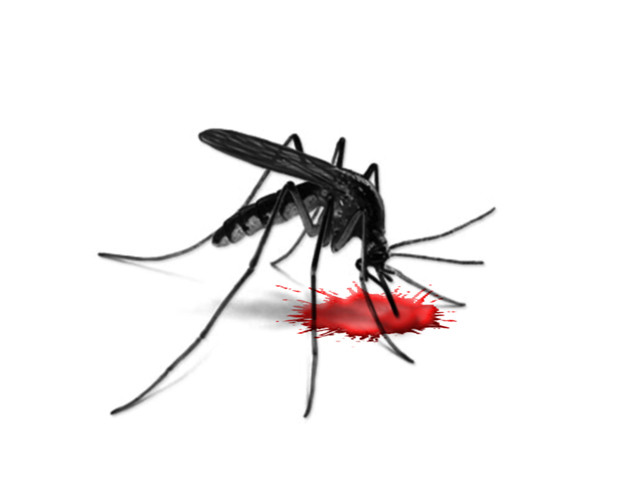Dengue larvae discovery worries health authority
.

The discovery of dengue larvae at various locations during the winter season has worried health authorities in Rawalpindi. The district administration and health department have finalised a new "Dengue Control Plan" for this year.
In response to the larvae findings, dengue prevention activities have been intensified, and 2,000 new sanitary patrol workers have been recruited.
Under the new plan, all flood workers will be provided with Android mobile phones for field duty monitoring. A summary has been sent to the Punjab health department's director general for approval.
Previously, mobile phones had been provided to field staff but were withdrawn after they broke.
This year, the health department has decided to reissue phones to workers and in-charges.
Although dengue is currently off-season in Rawalpindi, substantial larvae have been found in the Chak Jalal Din area, prompting the deputy commissioner to initiate early dengue control measures. The new plan divides the Rawalpindi district into four zones, eight sectors, and 36 cluster centres, each with a dedicated in-charge. Special focus will be placed on construction sites, tyre shops, and scrap yards, as well as areas that reported dengue cases in 2024. Inspections will be monitored rigorously, and third-party surveys will be conducted.
If dengue larvae are found, departmental action will follow.
Deputy Commissioner Hassan Waqar Cheema has directed that dengue meetings be held, and the full campaign will begin on April 1, 2025, when the Dengue Control Act will also be enforced.
The district administration has emphasized the importance of community involvement in the dengue control efforts. Awareness campaigns will be launched to educate residents on preventive measures, such as eliminating standing water around homes and using mosquito repellents. Health teams will also distribute informational pamphlets and hold public meetings to ensure that residents actively participate in reducing mosquito breeding sites.



















COMMENTS
Comments are moderated and generally will be posted if they are on-topic and not abusive.
For more information, please see our Comments FAQ